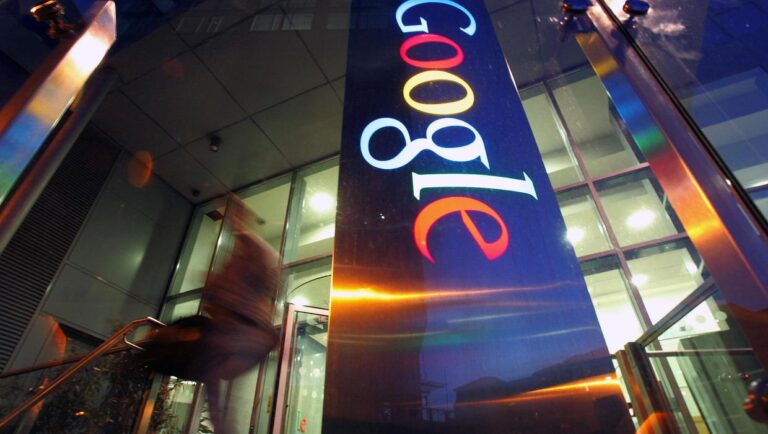
The majority of Google’s 9,000 Dublin workers have currently returned to the tech giant’s Irish offices, with other companies set to follow.
oogle has allowed its 4,500 staff a 30-day period to return to its docklands offices, while many of the remaining 4,500 contractors have been given 90 days.
The office return has not been without complaints, according to some IT contract workers who spoke privately to the Irish Independent.
“There’s no hybrid option,” said one, who works for one of Google’s largest contractor firms. “Our company asked them and Google said no, once the [office] is back, there’s no option.”
A spokesperson for Google declined to comment on the exact details of its worker’s office return.
Contractors for Google include international outsourcing firms such as Cognizant, Majorel and Accenture.
Other tech giants are varying their back-to-office plans.
Meta, which employs over 3,000 people in Dublin on its Facebook, Instagram and Whatsapp operations, is allowing more flexible remote-working arrangements and has not yet scheduled an official return-to-office date. However, a spokesperson said its offices are now fully open to staff that want to return.
Apple, which employs 6,000 people in Cork, began its return-to-office program last month, with employees expected back three days per week from the end of May.
Microsoft, which employs around 3,000 people in Ireland, is to continue its hybrid working policy where staff can work half of their time outside the office.
Salesforce, which employs over 2,500 people in Dublin, says that most of its employees are being brought back to the office between one and three days a week. However, some will be required to work four or five-day weeks in the office.
“83pc of our global offices, including our Dublin office, have reopened with employees returning to the office on a voluntary basis,” said Terri Moloney, director of employee success at Salesforce Ireland.
A spokesperson for Amazon, which employs over 4,000 people here, was unable to say what the company’s plans were for Dublin, other than to point to CEO Andy Jassy’s comments last year that decisions would be taken “team by team at the director level”. However, the company has previously said that it intends to bring people back to offices in Ireland.
Separately, Germany’s cartel office has said that Facebook owner Meta has “paramount significance for competition across markets”, a classification which gives the regulator more leeway to curb digital companies’ market power.
Under legislation introduced by German lawmakers in early 2021, the cartel office can ban what it deems to be anti-competitive activities.
Meta, which also owns Instagram and WhatsApp, operates a strong, ad-supported social media ecosystem that continues to expand and is used by a large portion of the population in Germany, the cartel office said in a statement this week.
It said the new classification would form the basis for a more rapid conclusion of antitrust proceedings against Meta.